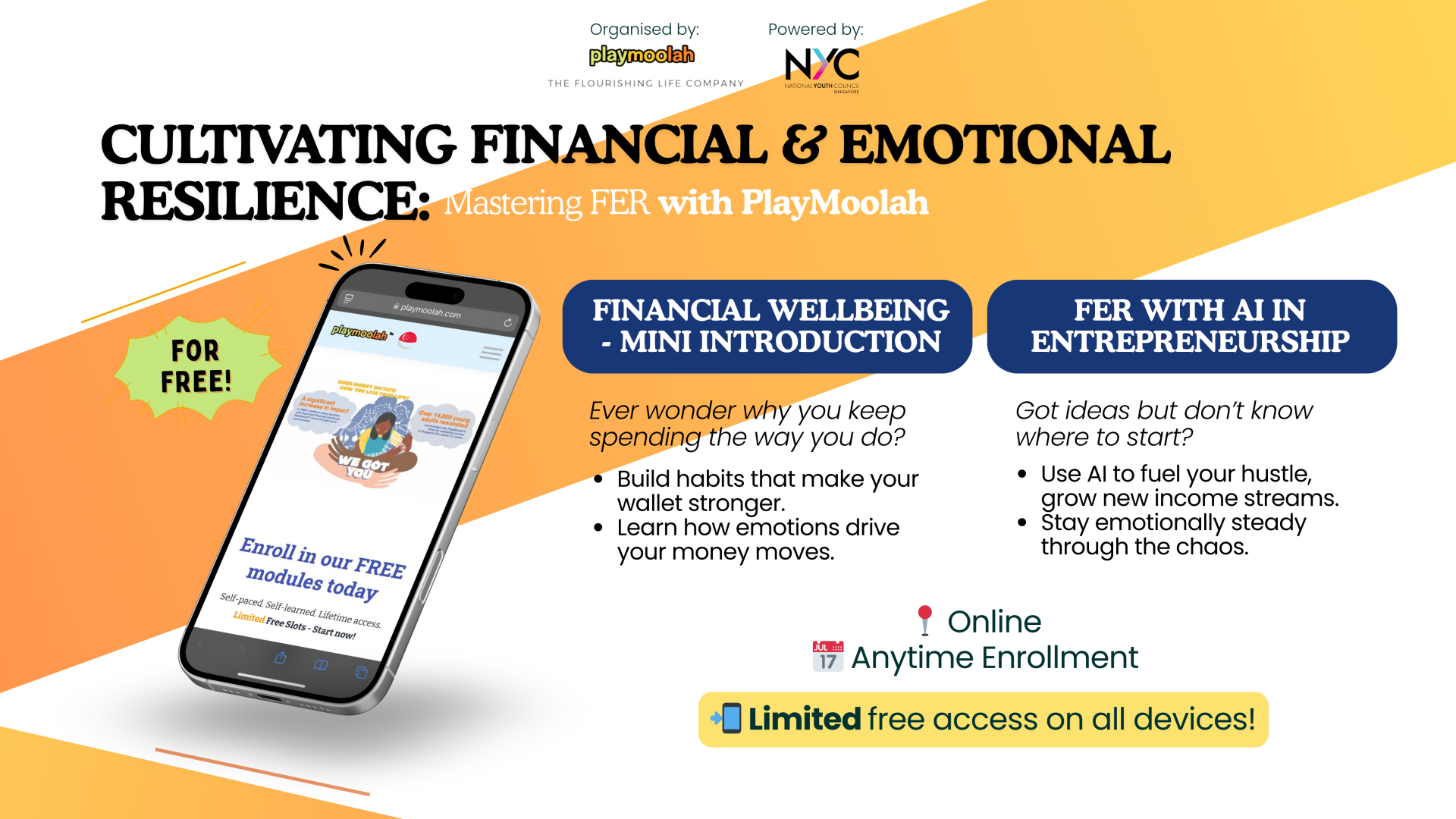As I was preparing for my wedding, a girlfriend of mine gave me an idea to make the traditional “hens party” a bit more meaningful and adventurous - How about a “volunteer” hens party? I fell in love with the idea instantly as it allowed me to integrate service with what I deeply cared about. In this case, how can each action I take go a further mile in putting a stop to poverty?
Little did I realize, that as the seeds of this idea germinated, my bridesmaids and I found ourselves whisked away traveling 12 hours by plane, and then by car, from Singapore to inland Toraja, a mountainous region of South Sulawesi. As we were on the road it dawned on me that this would have been the same amount of time if I travelled from San Francisco to Seoul, only that this time, we were heading to our neighboring country, Indonesia.
Experiencing the culture of Toraja was absolutely fascinating. The indigenous people had such deep reverence for those who had passed on, which began with months of preparation and saving up for a grand funeral rite of passage where villagers would come together in fellowship. The idea of value was also very different – buffalos in Toraja were esteemed as prize possessions at each funeral or wedding procession - similar to how we might love our cars and wheels. The richness of the culture was not only seen through celebratory rites and food for the keeping, but also with beautiful clothes that complete each festivity.
Many new dimensions of their culture moved me, but one in particular opened up a new paradigm - I learnt about the magnificence of how clothing is produced locally. We had the privilege to spend time with local women weavers to understand how thread is bought from the local cooperatives they belonged to. We also learnt from our host, Dinny, how she founded Toraja Melo as a social enterprise to transform the lives of the poor women weavers by giving them a source of income, livelihood and economic independence, so they wouldn’t have to go to the city to become maids and leave their families behind. What ran deeper as an undercurrent, was responding to the need of reviving the dying craft of weaving in the village of Toraja with the erosion of old tradition coupled with the indigenous people being at the cusp of rapid modernization.
I was overcome by a sense of wonder and respect as I saw humble women weavers, display the intricacies of how each motif was woven in each piece of fabric. And in each motif, stood a mathematical formulae for how many threads of each colour needed to be woven together to craft the desired design systematically, accurately and beautifully. The experience connected me back to the roots of our land, on why things are made and how things are made. It connected me through to the entire supply chain to understand and see the face of the woman who made the clothes I wear. I see for myself that with each purchase of Torajamelo goods I choose to buy, my money is flowing through the value chain and making a difference to the livelihood of each weaver.
Many a time, we forget the influential powers that we as consumers have. When we demand certain products, we encourage, perpetuate and permit practices surrounding the manufacturing of ethical or unethically produced products. We often forget that with each dollar we spend indirectly casts a vote to indicate our “approval” for manufacturing practices that may be inhumane, cruel to animals or in poor working conditions for some. It’s not to say that all products are created in conditions as such, but the unfortunate truth is, unethical practices in the production process are often times unseen to our eyes because we are so, so disconnected from how things are made.
Realizing that producers produce goods when there is fuel for demand, we can exercise our rights as consumers to choose alternatives that we know will enable us to build a better world for all. By being concerned and aware of the manufacturing process behind products we purchase, we become in touch with where and how our money flows. The act of aligning what our values with how we spend each day, then becomes a beautiful practice that connects our actions with a ripple effect for a greater good that flows through the supply chain, the environment and the wider community we are in fellowship with.
Our trip to Toraja enabled us to understand that the sustainability and regeneration of the culture of weaving depended on the greater adoption of conscious consumers who choose to put a vote on a brand’s values that we deeply resonate with. It also deepened our ties with our neighbors in Indonesia through a soulful exchange over tea at Mama Andre’s humble home, being amidst the transformation and homecoming of the lives of 1000 weavers. Now deep in my heart, I know that each time I spend, my money goes directly to supporting the livelihood of the women weavers, in however small way possible.
Sign Up To Our Newsletter
Thank you!

